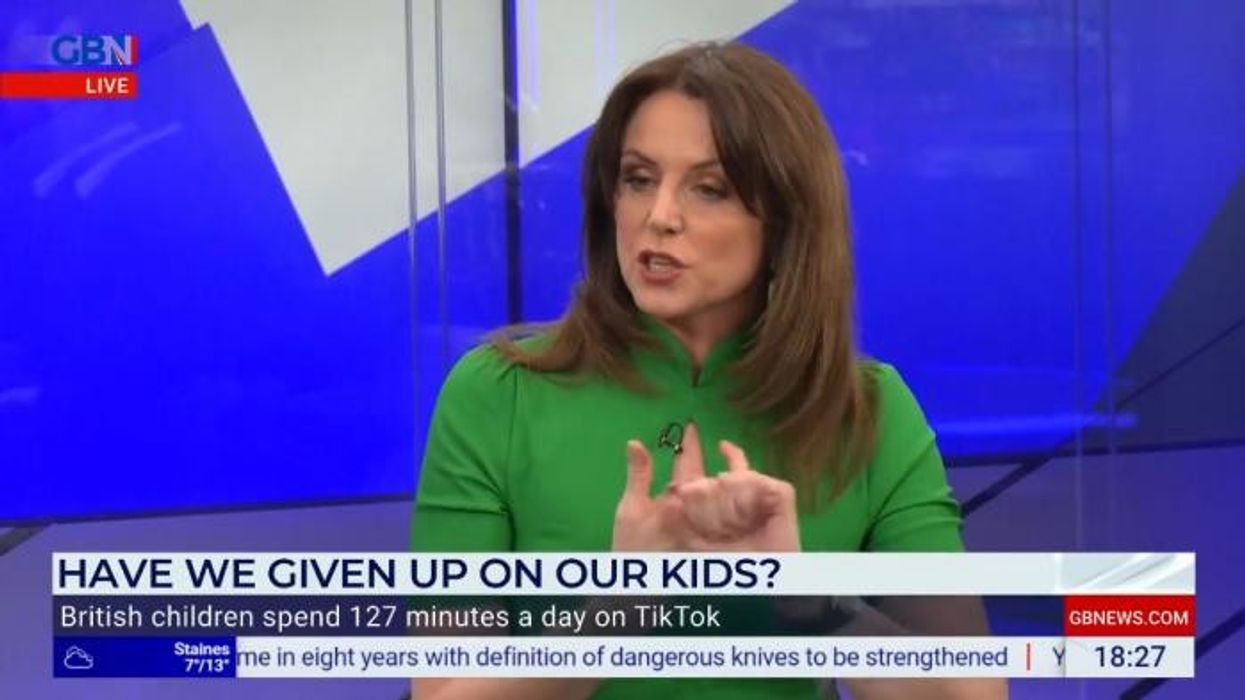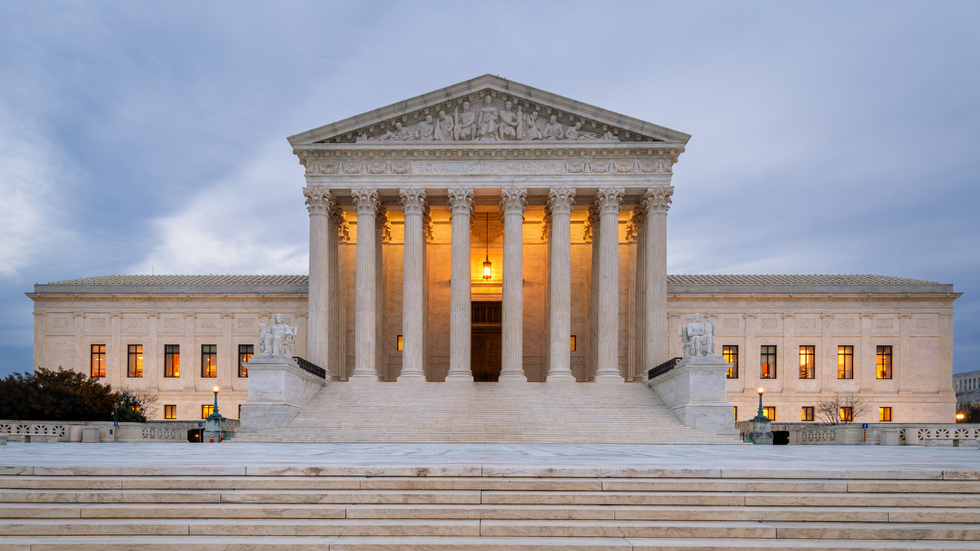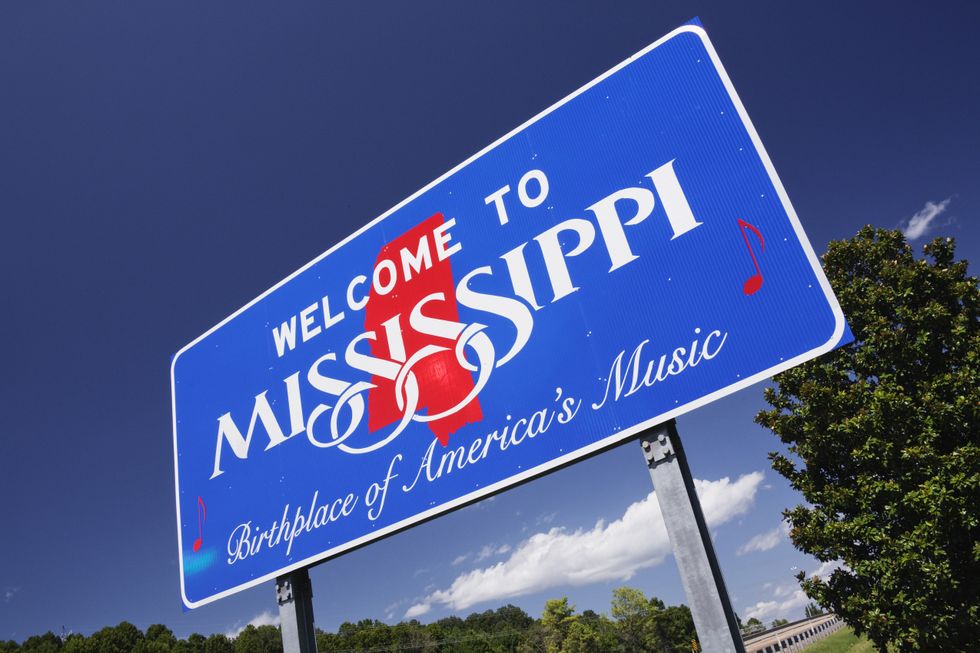Supreme Court upholds 'likely unconstitutional' child social media law

Bev Turner on Online Safety Act |
A coalition of social media giants claimed the new law violates free speech protections
Don't Miss
Most Read
Trending on GB News
The Supreme Court allowed Mississippi to enforce a state law requiring social media companies to carry out age verification on users and get parental permission for minors.
Mississippi state officials have said that law is intended to protect underage social media users from online predators.
The Supreme Court has not provided an explanation for its reasoning and there were no dissents.
**ARE YOU READING THIS ON OUR APP? DOWNLOAD NOW FOR THE BEST GB NEWS EXPERIENCE**

The Supreme Court has not provided an explanation for its reasoning
|GETTY
Justice Brett Kavanaugh said that although the Mississippi law is “likely unconstitutional”, social media companies had not “sufficiently demonstrated” that they would be harmed by the temporary order.
A coalition of some of America's largest social media companies, including X, Instagram and Facebook, have argued that the law infringes on First Amendment rights of their users.
The group urged the Supreme Court to block the state law from coming into effect.
A host of states have implemented laws requiring similar checks amid rising fears over safety and privacy for young people online.

A host of states have implemented laws requiring similar checks amid rising fears over safety and privacy for young people online
| GETTYIn June, the Supreme Court upheld a Texas law that requires anyone wishing to access pornography websites to undergo a face scan or upload a government-issued ID for age verification.
PornHub and other adult content websites challenged the decision, citing constitutional violations to free speech.
Mississippi state officials have said that the law's introduction is responding to high-profile cases of "sextortion" and other online crimes.
In 2022, Mississippian Walker Montgomery, 16, committed suicide after a Nigerian scammer posing as a female initiated a sexual encounter with him before demanding $1,000 (£738) or the messages would be exposed.

Mississippi state officials have said that the law's introduction is responding to high-profile cases of 'sextortion'
|GETTY
The state told the Supreme Court: “The act requires what any responsible covered platform would already do: make ‘commercially reasonable’ efforts to protect minors – not perfect or cost-prohibitive efforts, but efforts of reasonable care based on a platform’s resources."
Several LGBTQ groups argued to the court that if the law was enforced, it would make finding online "safe spaces" harder for gay and lesbian young people.
The groups said: “Online platforms, including social media sites, offer safe spaces for individuals, including youth, to connect with others who share their identities, access information about LGBTQ+ issues and resources, and explore their gender identity and sexual orientation in a supportive environment."
Failure to abide by the law can result in fines of $10,000 (£7,380) for each violation alongside criminal penalties.
The 5th US Circuit Court of Appeals stopped a lower court order that blocked the law from being implemented.
The Supreme Court's ruling is non-permanent and establishes what happens as lower courts decide on whether the law is unconstitutional.
The Electronic Frontier Foundation described Mississippi's legislation as “well-intentioned but fundamentally flawed”.
Mississippi's law ruling comes after American officials have heavily criticised the British Government in recent weeks for free speech infringements after passing the Online Safety Act.
More From GB News










